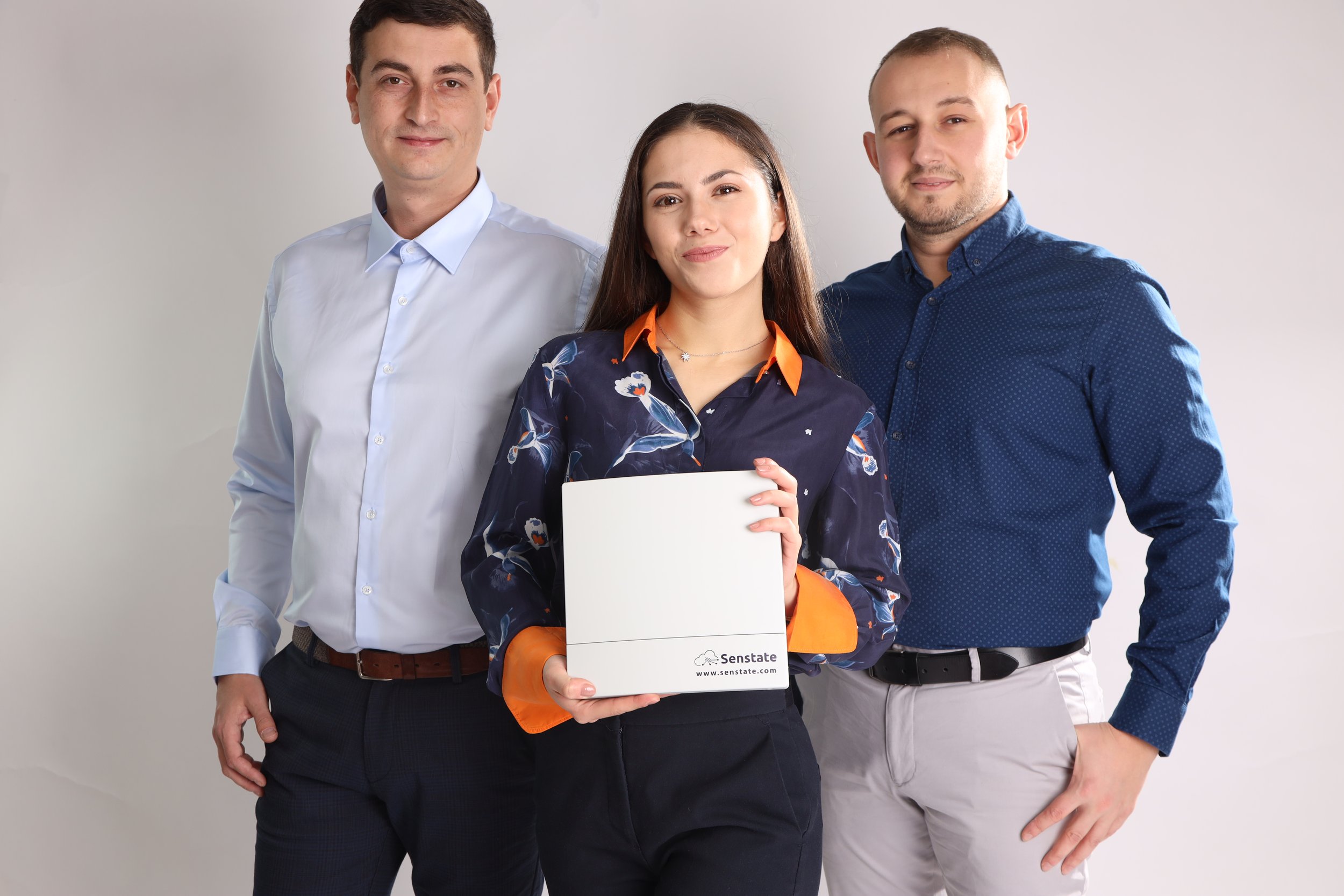Greentech Alliance’s Industry Spotlight Series highlights members across all sectors represented in our community, with the aim of bringing great awareness to the sustainability challenges of the current and future generations. This is the sixth blog in the series. View our previous blogs via the links below:
Industry Spotlight #1: Biodiversity and Conservation
Industry Spotlight #2: Plastic Waste Solutions
Industry Spotlight #3: Innovative Solar Solutions
Industry Spotlight #4: Sustainable Fashion
Industry Spotlight #5: Alternative Protein & Sustainable Food Supply Chains
Over 56 percent of people worldwide live in urban areas—a number that’s expected to grow to 68 percent by 2050. And just as urban areas everywhere expand, so too will megacities—urban areas with populations of 10 million or more. Many of these megacities—now and in the future—are particularly vulnerable to the effects of climate change: extreme heat, severe weather, sea level rise, etc. Moreover, high waste generation, long distances between locations of food production and consumption, and large gaps in equality and citizen participation raise broader sustainability concerns in urban areas.
But some of the same features that make cities vulnerable can also make them resilient. Tightly packed commercial and residential spaces are prime test beds for efficient electricity generation, heat distribution, and peer-to-peer energy trading. New architectural designs can serve as adaptive measures for extreme rain and wind while doubling as recreation spaces on mild days. And new digital tools can collect data from urban landscapes to plan better traffic routes, map connected urban green spaces, and ultimately build more inclusive cities.
Greentech Alliance members are working on the solutions that leverage the benefits of urban life to make cities more resilient. They recognize that sustainability challenges don’t just come from climate change or plastic waste. Issues of citizen participation, economic inequality, and gender and racial diversity must also be addressed to build truly sustainable cities.
This month – in honor of World Cities Day – we asked our companies working on various facets of urban sustainability about their vision for a sustainable city and how they’re working to achieve it. Members shared solutions ranging from circular food systems and spatial analytics to urban forests and electric mobility. Together, they build a comprehensive roadmap to sustainable urban development through ecosystem preservation, novel technologies, partnership-building, advocacy, and more.
If you like what you see here and want to follow more Greentech Alliance content, subscribe to our newsletter for updates and follow us on LinkedIn.
Company: BABLE Smart Cities
Founder/CEO: Alexander Schmidt
Location: Stuttgart, Germany
Mission: BABLE Smart Cities drives change for a better urban life through knowledge exchange: Bridging the gap between the public and private sector and scaling innovative technologies to make urban areas more livable and sustainable
CEO Alexander Schmidt (left) & CIO Markus Nolle (right)
Alexander on connected cities: “BABLE’s vision for a sustainable city is a connected city – providing the best services to all citizens in the most resource-efficient manner. We are also no longer just talking about big urban centers, but rather how the municipalities, towns, and places are interlinked and part of a circular and data-driven ecosystem – providing a higher quality of life in an equitable way.”
Location: Vienna, Austria
Mission: greenpass is a Viennese climate-tech scale-up and an all-in-one software-as-a-service solution for environmental impact assessment of real estate and open spaces - to enable livable cities all over the world.
Florian on green, livable cities: “Our vision of a sustainable city is a green and livable city with climate-fit, future-proof, and high recreational value. Green and livable cities with a healthy environment for all people and nature - where people simply love living.”
Company: Immovativ GmbH
Founder & CEO: Stefan Müller-Schleipen
Location: Hanau, Germany
Mission: Immovativ develops digital solutions for sustainable urban development, thus making an important contribution to reducing land consumption.
Stefan on standardizing solutions: “A sustainable city has overcome the patchwork of individual solutions and developed a common standard for all 17 SDGs.”
Location: New Orleans, Louisiana
Mission: ISeeChange is an engagement and data platform to help cities combat climate change.
Julia on co-designing public works projects: “ISeeChange is putting the ‘public’ back into public works projects: By leveraging local experience, data science, and micro-employment, ISeeChange is networking neighbors, local leaders, and engineers to co-design and maintain the climate-ready infrastructure needed to deliver sustainability to where we live and how. Resident-generated information will move trillions of dollars in infrastructure solutions, directing right-sized resources to the right places and ensuring the climate investments we make today have the public buy-in and stewardship that will deliver returns for the next generation.”
Location: Berlin, Germany
Mission: Rethinking our food system for resilient future cities is more critical now than ever before. Loop Farms synthesizes emerging urban farming technologies to construct fully circular food production systems.
Julie & Aimee on combining circularity and convenience: “A sustainable city is one that is self-sufficient and resilient, incorporating resource-efficient systems to achieve circularity without compromising quality of life.”
Location: Salon-de-Provence, France
Mission: OliviAnne designs Miyawaki urban forests in the South of France to reconnect people with nature and others to create desirable cities and healthier, happier citizens.
Anne on holistic sustainability and nature-based solutions: “My vision of a sustainable city is one in which we live peacefully and respectfully and share time, ideas, projects, or goods with everyone. It must have a lot of green places hosting biodiversity, with good temperature and air quality, and all these without negative impacts on environment. Bringing nature-based solutions to towns is our contribution to combatting climate change and improving cities’ sustainability.”
Company: RHODA
Co-Founders: Eyas Fazul & Fazul Mowjood
Location: Colombo, Sri Lanka
Mission: RHODA builds electric mobility solutions to make urban movement sustainable.
Eyas on simple, sustainable mobility: “We envision cities where moving within them should be simple, cheap, fun, and - most important - sustainable for future generations. Sustainable living is the only metric for future human survival, so we at RHODA believe that electrifying movement with low-speed vehicles is the way forward.”
Company: Senstate Technologies
Co-Founders: Svetoslav Mateev, Iva Hinkova, & Iliyan Ivanov
Location: Gabrovo, Bulgaria
Mission: Helping cities monitor the state of the environment, gather data, and gain actionable insights for better decision-making in their climate neutrality transition.
Svetoslav on social inclusion and innovation: “From a social aspect, a sustainable city is one that gradually achieves the inclusion of all social groups in the ideas of sustainable living and thinking. And from an innovation aspect, it is a city that leverages the advances of all modern technologies to gather data, track the sustainability transition, and make data-driven decisions with noticeable impact on the environment and community.”
Company: Sympheny
Co-Founders: Andrew Bollinger and Boran Morvaj
Location: Zurich, Switzerland
Mission: Energy and CO2 targets are becoming increasingly ambitious today. Sympheny enables planners to develop energy supply solutions that meet these goals.
Sympheny team on renewables and digitalization: “A sustainable city is supplied through energy systems that fully rely on renewable energy, and a good balance must be found between reliability, environmental impacts, and economic results. Digitalization plays a crucial role in allowing energy planners to find the solution, which optimally fulfills the three criteria, hence bringing clarity within the decision-making process and enabling an efficient transformation of the energy system.”
Company: Urban Radar
Founder & CEO: Philippe Rapin
Location: London, United Kingdom
Mission: Urban Radar helps cities take up-to-date planning and regulatory decisions with data: Fast, efficient, affordable.
Philippe on prioritizing social equity: “Sustainable cities are built by being pragmatic and project-by-project as opposed to mega-smart city planning that never gets implemented. A sustainable city is about social equity.”











